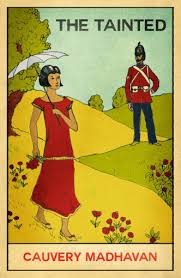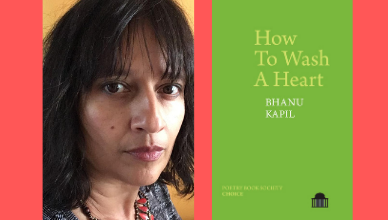Once upon a time there was Woodstock and Glastonbury. For those literary minded there was the Hay Festival of Literature & Arts and the Edinburgh Book Festival. Now there isn’t a continent across the globe that doesn’t host a festival of one sort or another. Ranked third in the world by The Writers Academy is The Zee Jaipur Literature Festival claiming to be the world’s largest literary festival, attracting over 800,000 visitors and almost 2000 speakers, held in the Diggi Palace in the Northern Indian City of Jaipur.
For the fourth year running, the Jaipur Festival breezed into London. For two days, it offered a glimpse into South Asia’s heritage, history, oral and performing arts, books, ideas, dialogue and debate, hosted by the British Library, over the weekend of 20th May 2017. There were over thirty events, under the tent specially erected in the Piazza, the theatre in Knowledge Centre, and the Entrance Hall of the Library. The themes and topics were diverse, eclectic, and wide-ranging. In ‘Migrant Words’ – a discussion between Amit Chaudhuri, Lila Zanganeh and Meera Syal, probed notions of home, familiarity, domain, feelings of invisibility, the creation of our own mental maps in locating our own respective lineages. ‘The Beatles in India: The Rishikesh Trip’ explored, 50 years on, the Beatles journey: East meeting West, West meeting East, at a time of tumultuous social and political change across the globe. In ‘The Genetics of Skin,’ the title of Sharad Paul’s book, he explored the fascinating genetic chains that bind races and species together. William Dalrymple, one of the co founders of the Festival, and Anita Anand, had their audience riveted as they took us on a whistle-stop unravelling of the Kohinoor diamond that still remains in British hands, despite five other states claiming ownership. I welcomed the rich throng of ideas, styles, and tastes from a broad range of sources, artists, musicians, and writers but when I recall my visit to the Jaipur Literature Festival in Jaipur itself in 2012, I found there was much missing.
In Jaipur everyone is welcome to attend the Festival. The whole festival is free, including the sweet aromatic chai served in small coconut shells throughout the festival, providing the space and time for people to stop and discuss with strangers, the events, the ideas and the words they have encountered. There were also writers from marginalised communities that were afforded the opportunity to present their work. In London one had to pay for a weekend ticket. In Jaipur people who walked passed and were curious entered the Diggi Palace and attended whatever event caught their fancy. At the Festival in Jaipur, literature, poetry, art, creativity, debate and discussion is open to anyone; what an enlightened concept in these times of conflict, where clashes of opposing needs and feelings can lead to such devastating hostility. Why isn’t this enlightened opportunity for everyone and anyone to engage, not better promoted and welcomed. I also couldn’t make sense of why, on that very same weekend, the Jaipur Literature Festival, and the Karachi Literature Festival that was being held as part of the Alchemy Festival at the Southbank, why these two South Asian Literary Festivals were organised to clash with each other; the metaphor was stinging.
Jocelyn Watson The Asian Women’s Writers Collective was Jocelyn’s first writing home. In 2001, the Women’s Press published her first short story, Menaka. In 2011 she won a Jane Austen Short Story Award for Poske published by in Wooing Mr Wickham. Jocelyn is one of the Alumni of the Cultural Leadership Programme and was funded to attend the Jaipur Literature Festival in 2011. In 2012 she was one of the winners of the SAMPAD ‘Inspired by Tagore’ competition for Loud Music and the Asian Writer Short Story Prize for Sweet and Sour Masala. She is active in feminist, BME and socialist politics.

